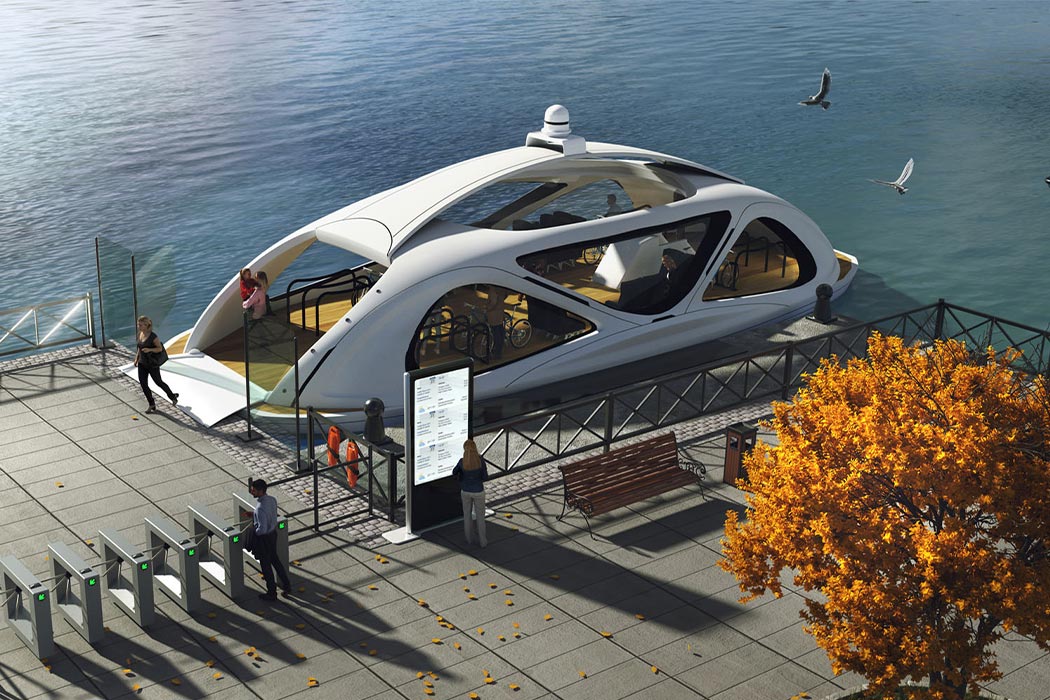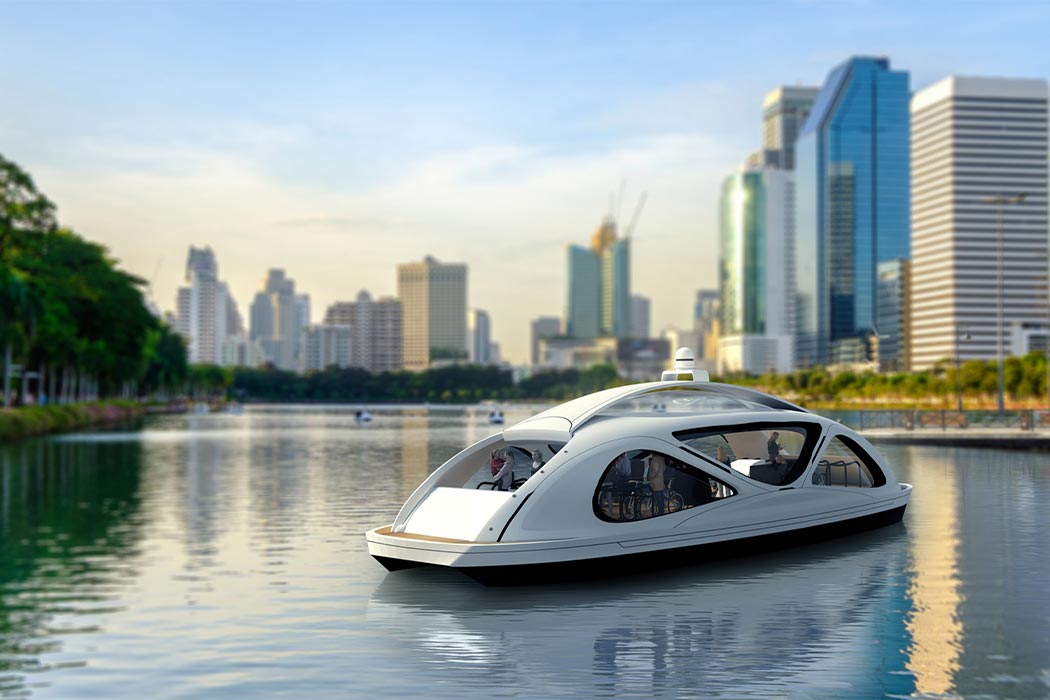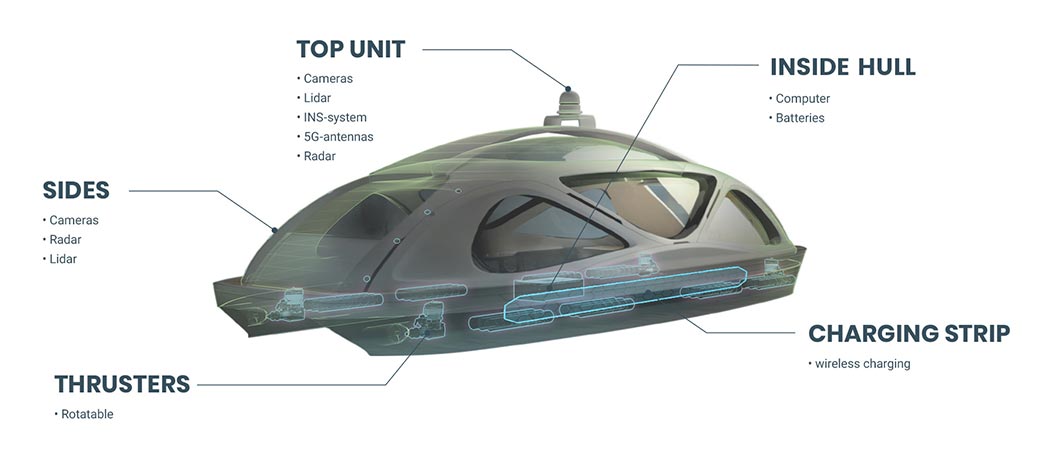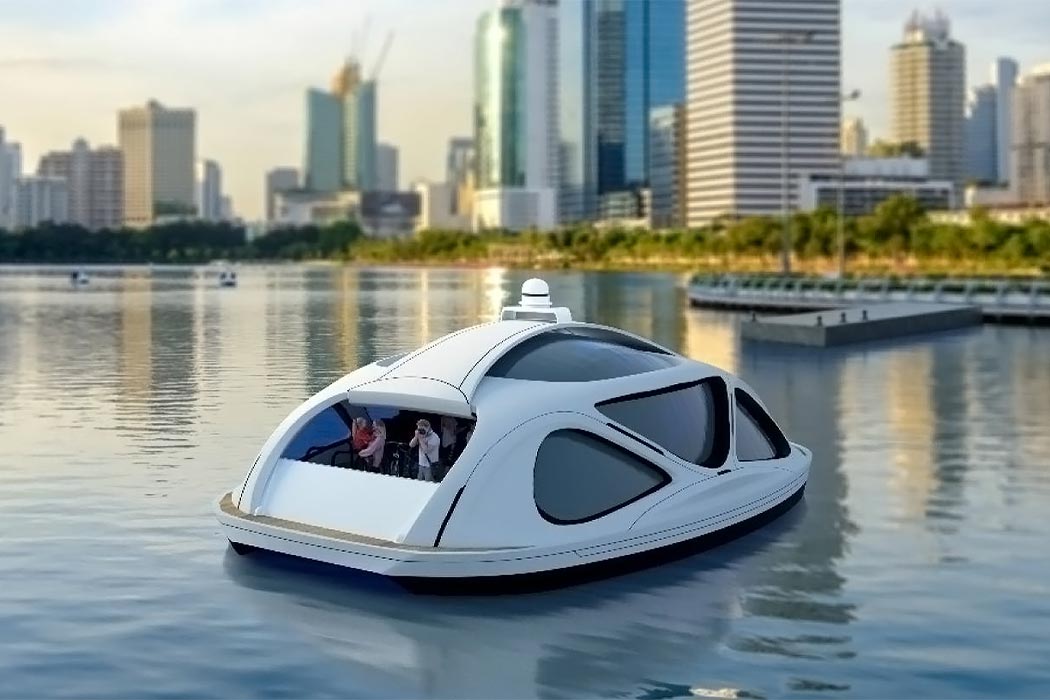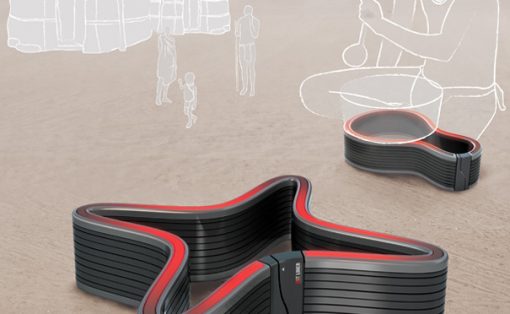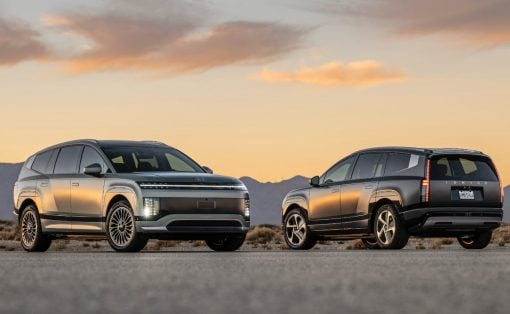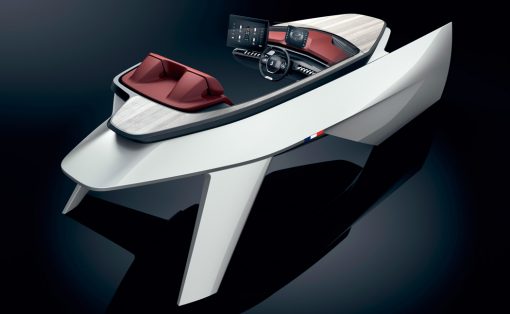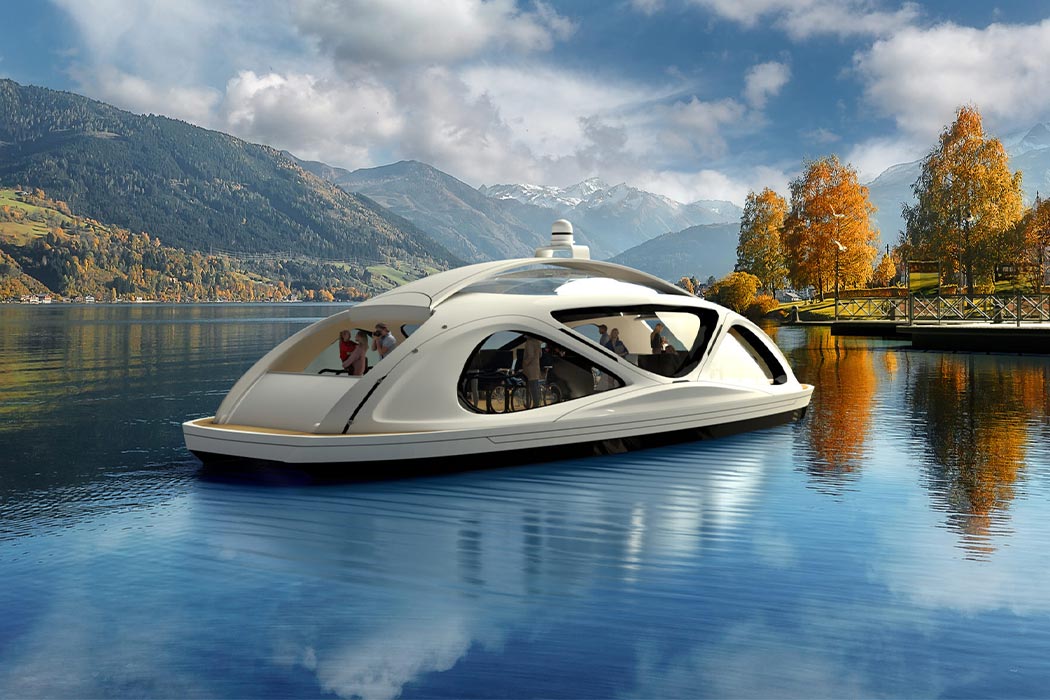
Traffic is only increasing every day in cities and if they are located in a coastal area then using waterways is one of the most efficient ways to cut down on road congestion. Along with managing the flow of vehicles on land, the climate crisis has accelerated the need for smart, climate-friendly mobility solutions worldwide. Zeabuz, a Norwegian company, has stepped up to the need of the hour and will be launching a self-driving ferry next year!
The ferry will carry 12 passengers and will operate like an elevator where all you have to do is press a button to summon it. Zeabuz’s zero-emission ferry was first developed by researchers at the Norwegian University of Science and Technology (NTNU) in 2018 and the 2021 launch shows Norway’s commitment to developing climate-conscious transport systems. This ferry will be autonomous, “Autonomy fits like a glove with electric vehicles. This enables better control, optimal operation, safety, and maintenance. Our autonomy solution is world-leading and can enable self-driving ferries that safely manoeuver among other boats, dock to the quay by themselves and handle passengers safely,” says Asgeir J. Sørensen, director of NTNU’s research center on autonomous maritime operations, NTNU AMOS. Apart from wirelessly charging at docks, it is safe to assume that solar panels will be the way to go with a backup battery for winter months when the sunshine is not enough in Norway. Many major cities can replicate this solution to fit their water channels and maybe even boost tourism while reducing the vehicle count on the roads during rush hours.
As we try to build a sustainable future, boats needed a technological upgrade to give the people a greener alternative to road transport. The Zeabuz ferry reduces operation costs which also makes it economical – and on that note, riding this ferry will be free in Trondheim which will encourage more people to adopt emission-free commutes. The electric ferry will operate along the canal that connects the port and the city center of Trondheim and will charge itself when docked. This cuts the travel time from 15 mins to 1 minute as passengers won’t need to walk between the two locations. Keeping the urban audience in mind, the ferry also has the capacity to transport passenger bicycles. Water transport was popular before the invention of cars, and while it largely only benefits coastal communities, they are also the most densely populated which puts them first in line for emission-free transport solutions. Electric self-driving boats like these can truly reduce the traffic in big cities and improve air quality as well as reduce noise pollution levels.
Designers: Zeabuz and NTNU
